- 3.63K Posts
- 781 Comments

 22·5 months ago
22·5 months agoI posted this elsewhere already, but it also fits here goven many of the posts in this thread: It is not just about data/privacy concerns (which are underestimated imo, as China pursues an own agenda with collecting your data through Chinese tech) and ‘unfair’ subsidies, but about gross human rights violations.
In short, some parts of the cheap Chinese cars are made in concentration camps where people are forced to work under catastrophic conditions.

 0·5 months ago
0·5 months agoI posted this elsewhere already, but it also fits here goven many of the posts in this thread: It is not just about data/privacy concerns (which are underestimated imo, as China pursues an own agenda with collecting your data through Chinese tech) and ‘unfair’ subsidies, but about gross human rights violations.
In short, some parts of the cheap Chinese cars are made in concentration camps where people are forced to work under catastrophic conditions.

It is not just about data/privacy concerns (which are underestimated imo, as China pursues an own agenda with collecting your data through Chinese tech) and ‘unfair’ subsidies, but about gross human rights violations. In short, the cheap Chinese cars are made in concentration camps where people are forced to work under catastrophic conditions.

 1·5 months ago
1·5 months agoThe EU Council approved a ban on June 24 on access within the bloc to four key Russian state-run or controlled media outlets effective the next day (June 25):
- Rossiyskaya Gazeta
- Voice of Europe
- RIA Novosti
- Izvestiya.
The EU already banned other Russian propaganda outlets before, such as RT and Sputnik.

 2·5 months ago
2·5 months agonachvollziehbaren Informationen.
Ja, genau. Deshalb braucht es u.a. auch unabhängige Audits. Dann wäre alles nachvollziehbar.

 12·5 months ago
12·5 months agoDas ist nicht nur eine Frage des Zolls. Viele Produkte -in der Auto- ebenso wie in praktisch allen anderen Industrien- werden in Zwangsarbeit hergestellt, und zwar auch, aber nicht nur in Xinjiang. Solange China keine unabhängigen Audits seiner Lieferketten zulässt (was u.a. VW kürzlich offen gesagt hat), sollte sich die Frage nach Zöllen gar nicht erst stellen. Produkte, die unter solchen menschenverachtenden Bedingungen produziert werden, sollte es gar nicht geben. Europa braucht u.a. auch ein viel strengeres Lieferkettengesetz.
Zudem gefährdet China durch seine Unterstützung Russlands im Ukraine-Krieg und sein aggressives Verhalten im Südchinesischen Meer die internationale Sicherheit (auch das wird in letzter Zeit wiederholt angeprangert, mittlerweile sogar von Politikern in Europa).

 08·5 months ago
08·5 months agoNaja, streng genommen nicht. Ein Kommentar soll ‘nur’ alle Seiten eines Themas beleuchten, aber nicht die Meinung derer, die das schreiben. Die Meinung der Journalisten und -innen sollte belanglos sein. Daran hält sich nur (fast) niemand in der Branche.

 31·5 months ago
31·5 months agoNaja, das hängt wohl von der Meinung ab. Wenn es um konservative Meinungen geht, dann sind die öffentlich-rechtlichen vorne dabei: https://www.tagesschau.de/kommentar/chatkontrolle-eu-102.html

 0·5 months ago
0·5 months agoThis isn’t an Italian problem, there are bad people everywhere. In Italy it’s not better nor worse, so there’s no reason to pidgeonhole a nation.

 1·5 months ago
1·5 months agoDie ARD wird halt immer mehr zu dem, was die Programmdirektorin draus macht?

 0·5 months ago
0·5 months agoIt’s a bot with a funny human touch 😅

 0·5 months ago
0·5 months agoChina has been doing that for a long time. It may now be a bit easier for China to get a chunk of Siberia given Russia’s geopolitical isolation.

 0·5 months ago
0·5 months agoAnd one detail here is that mainstream media don’t report on this. They do as if it didn’t happen.

 0·5 months ago
0·5 months agoThis is true. A couple of years ago Tether (along with its sister company Bitfinex, a crypto currency exchange) settled allegations by the New York state in the U.S. by paying a fine (in the double-digit millions), admitting that claims that Tether was backed by fiat at all times was “a lie”.
A major issue with this coin is that it is not subject to regulation by any authority (it’s owned by iFinex based in the British Virgin Islands), so they may claim whatever they want.
I don’t know what exactly made them choose Tether, but one reason might indeed be that they don’t have much choice (alternative crypto coins are arguably far too volatile to serve as a means of payment for companies with higher bills). Maybe because the company has an office in Hong Kong as far ad I know (at least they had one not long ago). Maybe also because there is a higher volume, maybe because there is also a Tether variant pegged to the Chinese yuan (it hss the same shortcomings as the USDT, but a much lower volume). I don’t know.
But let’s not forget that it can be tracked as it’s on a blockchain. If they seek to circumvent sanctions and hide their money trail, that’s not a good idea.
In a nutshell: anyone who says that the sanctions don’t work should read stories like that and they might change their mind.

 0·5 months ago
0·5 months agoWhat a garbage! This comment doesn’t make sense for a lot of reasons, but the most obvious one at first sight is the ‘useful idiots’ argument. These ‘useful idiots’ are exactly the far right-wing officials who get repoortedly bribed by China and Russia, and are criticized by their own party members for their incompetence.

 0·5 months ago
0·5 months agoThe problem with wind or solar energy is not the production capacity itself but the storage. If and when there is enough wind and sunlight, respectively, you usually produce enough electricity, but every kilowatt-hour that is not consumed immediately is lost.
This is why you need to store large amounts of electricity, also to make sure that you have enough power once there is less wind or at night when the solar panels don’t produce energy due to the lack of sunlight.
This is what Spain tries to solve. But they appear to be on a very good track.

 0·5 months ago
0·5 months agoCriminals have already been using alternative ways to exchange data for a lo.g time, especially those who are exchanging images and videos (such as CSAM) as everyday messengers are completely inapt for transmitting such large volumes of data. And these algorithms will yield a lot of false positives too.
And it is the wrong signal to authoritarian countries as it makes people and companies extremely vulnerable. As Markus Hartmann, Chief Public Prosecutor in the German state of North Rhine-Westphalia, said not long ago on chat control:
“From the point of view of information security there is to assume an increased risk [of hacking]. There is no special expertise [demonstrated by politicians] in this area with regard to the signal effect for authoritarian states.”
[Original link in German, translation my own.]















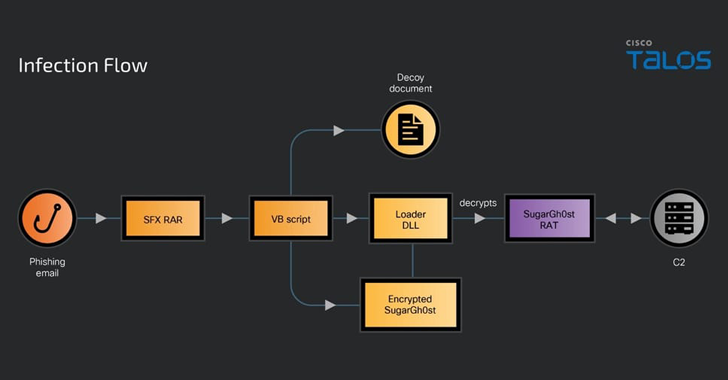

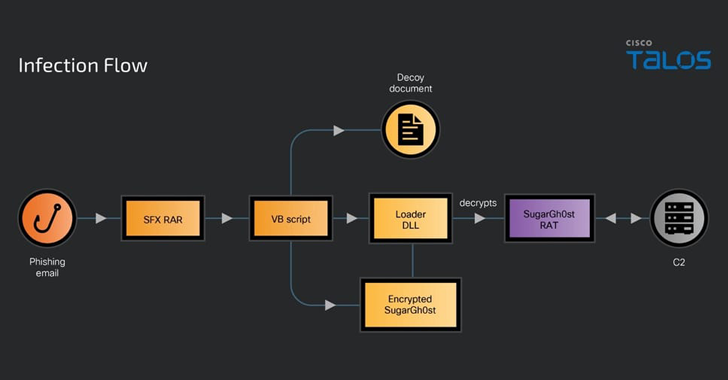
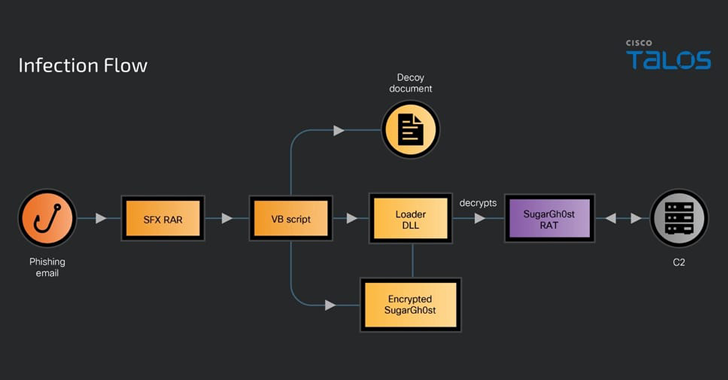

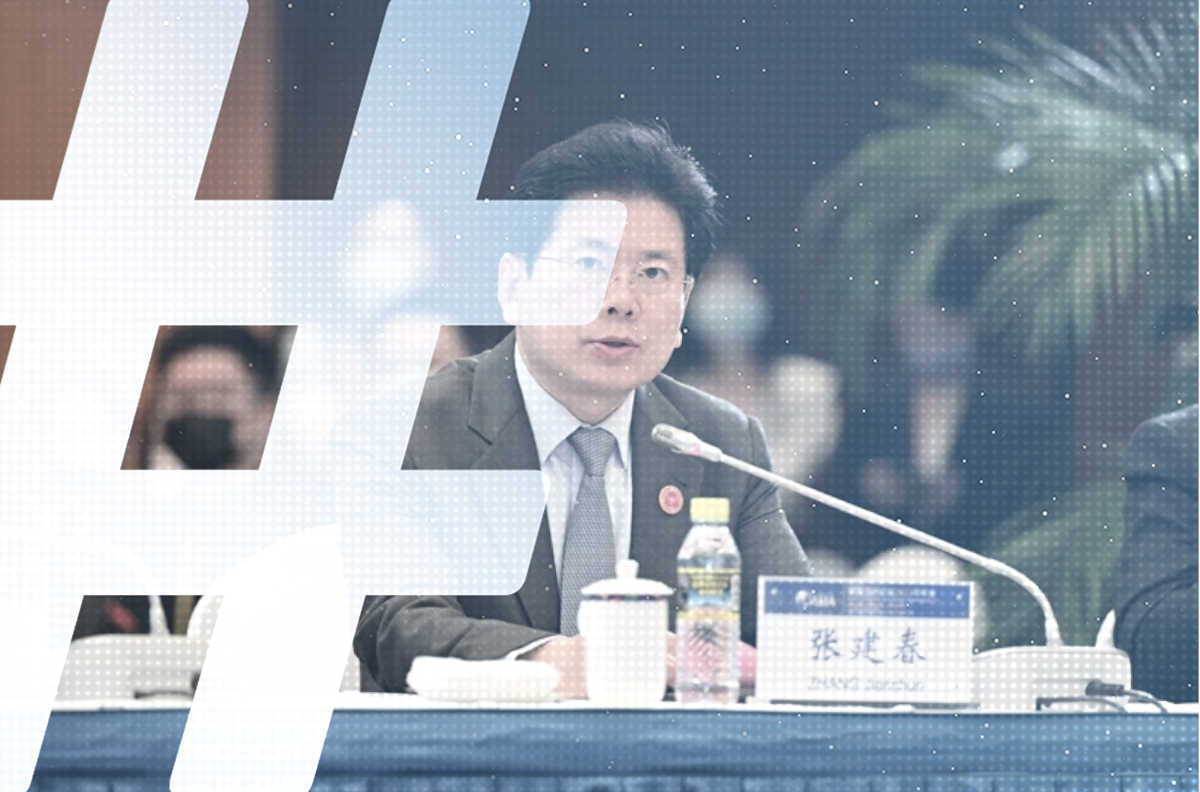
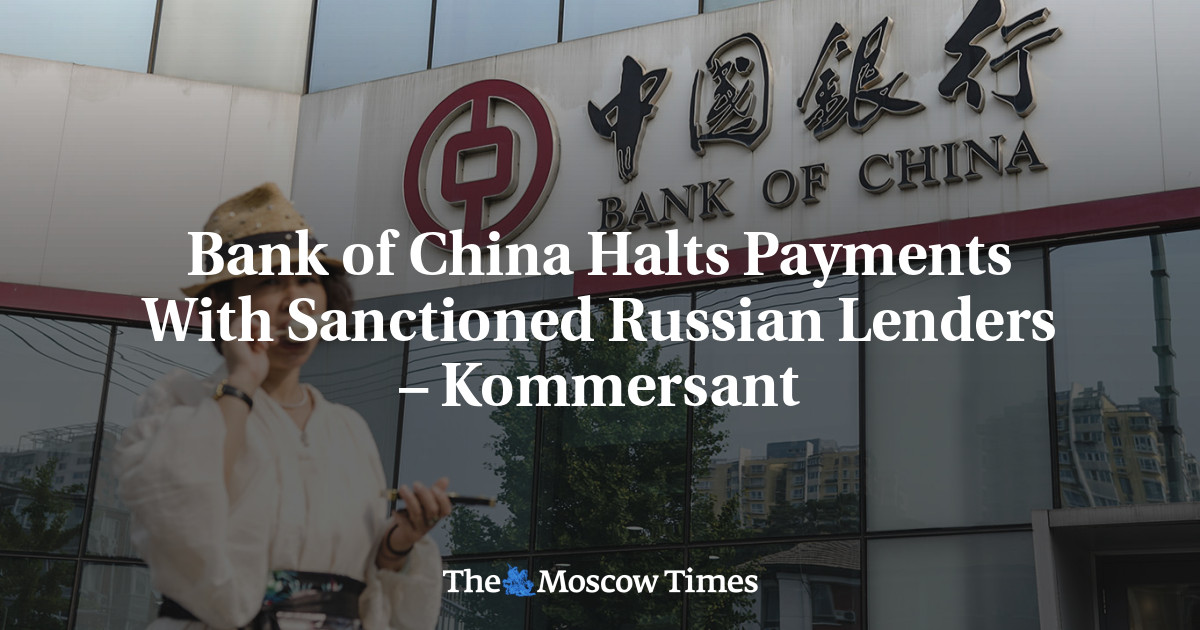
The working culture in China is really ‘unique’: rigid and extremely hierarchical (and patriarchal) structures, staff is expected to work overtime.
Just noticed that there is even a Wikipedia article about (but you’d find many other sources on China’s ‘996 working hour system’):
996 working hour system
The system is still very widespread, although deemed to be illegal as the article also says.
[Edit typo.]